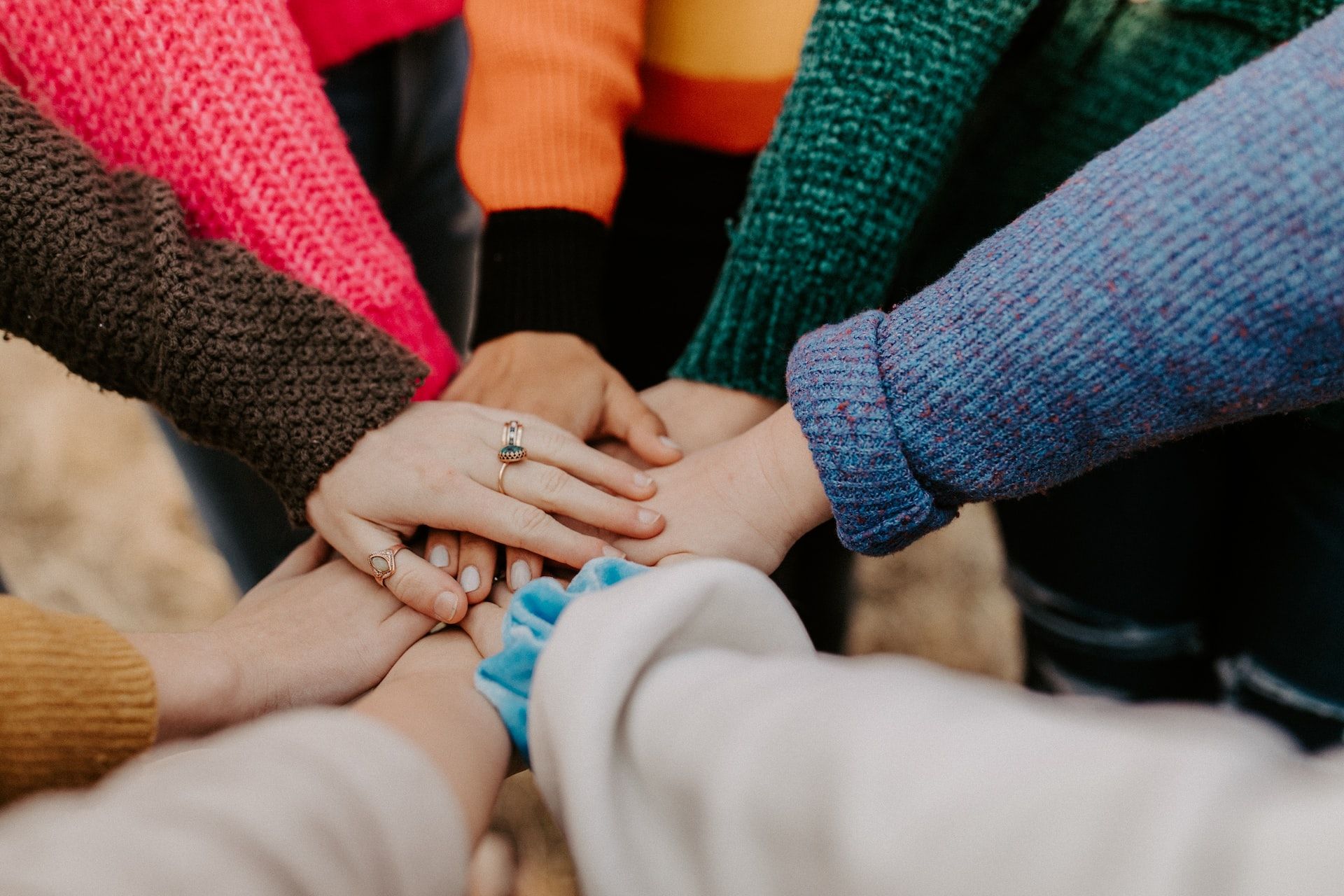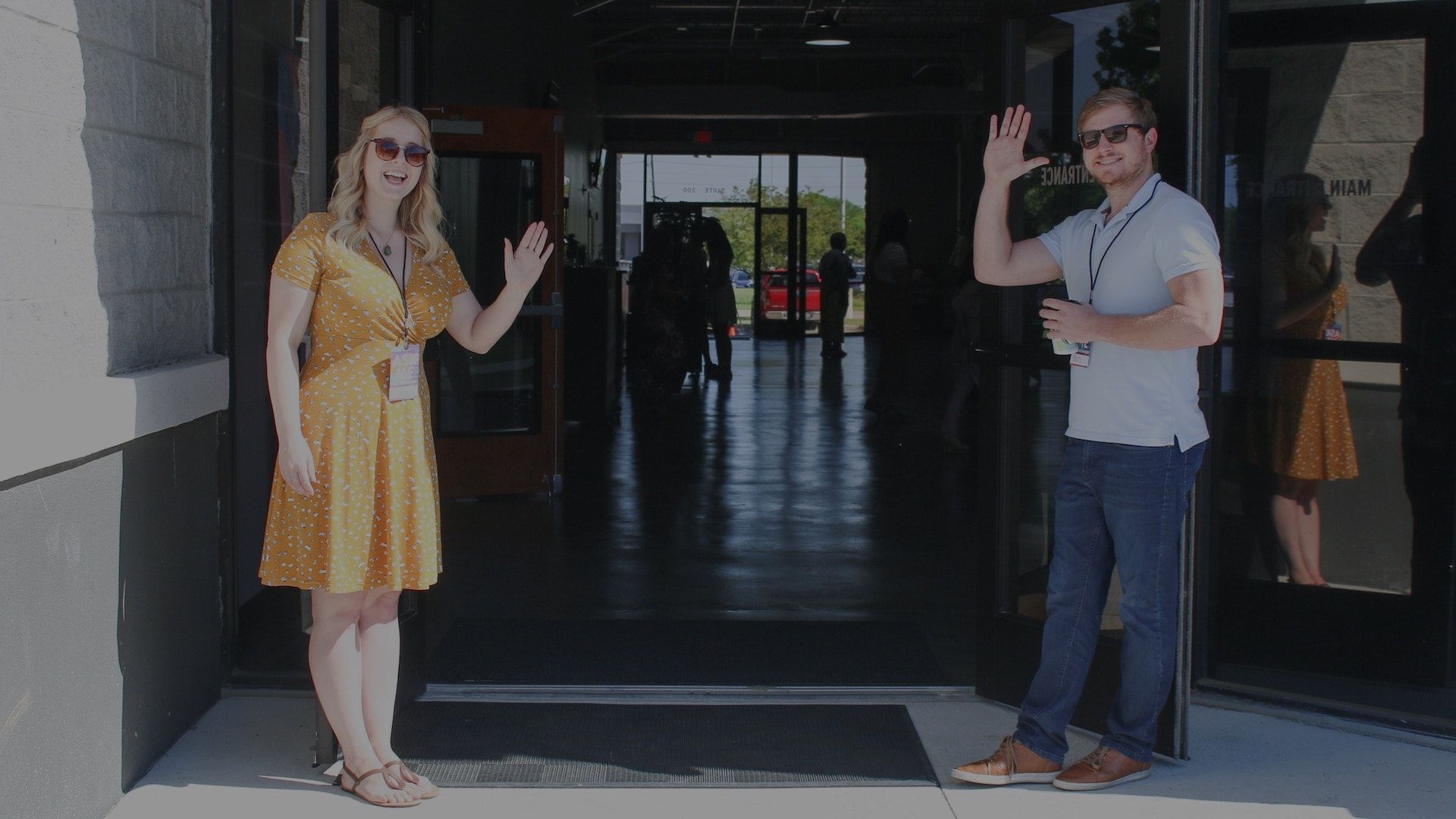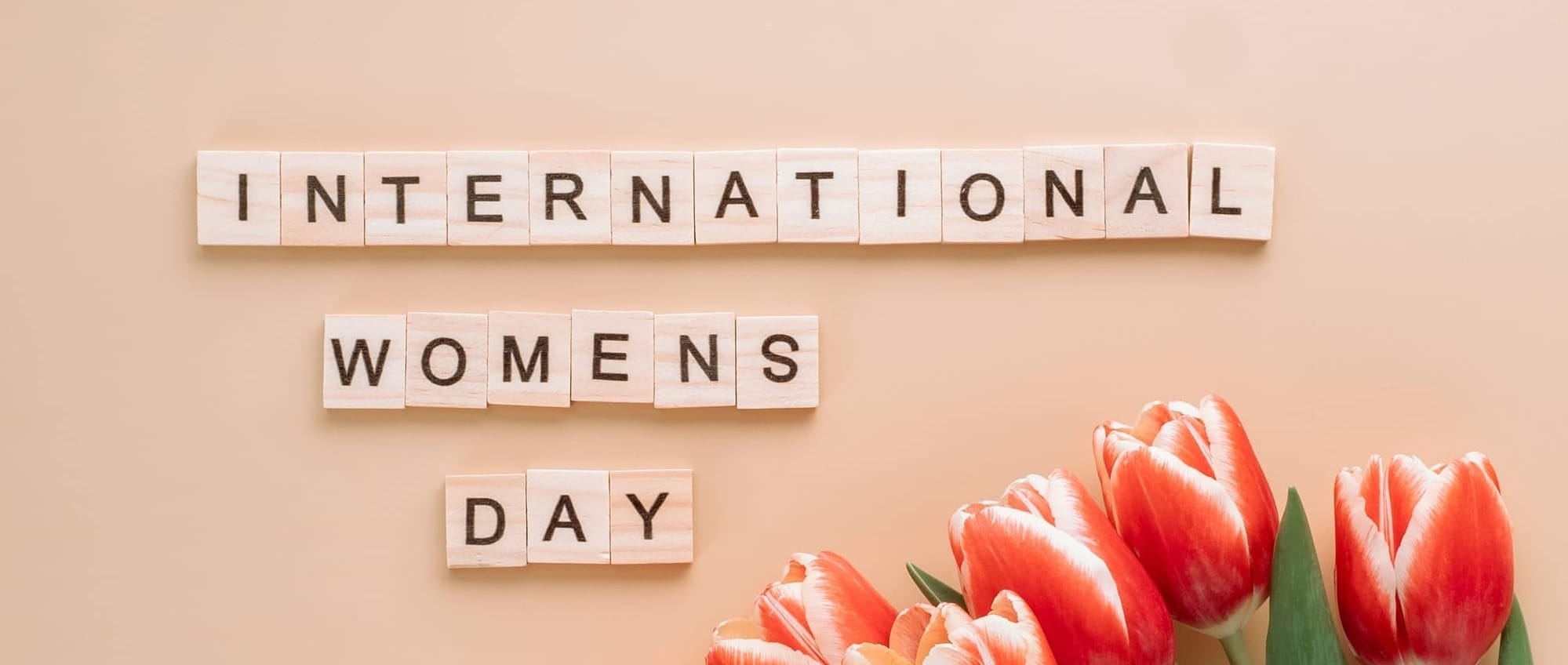Our industry has come on a long way in making sure events are accessible and inclusive for all attendees. But behind the scenes, events can be a tough environment to break into and find your feet in, and with the fast-paced, constantly evolving nature of the events world, we run the risk of leaving new starters feeling overwhelmed, unwelcome, and unhappy.
With recent trends showing that it's becoming harder to attract new talent to the industry, the events sector needs to smarten up its act and invest in the future of events by making sure we're promoting inclusivity from the inside out.
We spoke to Caitlin Kobrak at Event First Steps, a not-for-profit organisation providing guidance for those looking to enter the industry, about how the events sector can support new joiners. Read on for her insights on making the industry a more welcoming and inclusive place for those in it.
What do you feel the environment is like in the events sector for new starters?
As a whole, the support the events industry provides with work experience, apprenticeships and placement opportunities is really positive, and equally the environment at networking events for those at the start of their career is great. But when you take a step back and look towards those early stages of trying to enter the events sector and get a foot in the door - we don’t provide a welcoming environment.
As a collective industry our focus is on supporting those who are already in an entry level role rather than engaging with the next generation when they are finding their feet.
What are some of the barriers to people getting into events in the first place?
Practical experience is vital for many jobs in events but opportunities to get that work experience are not that easy to find. We are a people-based sector and sadly the saying ‘It’s who you know, not what you know’ is true to events. This makes it a daunting and difficult industry to break into.
Whilst we hope that most work experience opportunities are paid, a lot of us gain our first practical experience taking on volunteer positions and this isn’t something everyone has the luxury of being able to undertake. We are also more centralised to certain cities and locations, whilst this has slightly shifted since Covid and working from home, opportunities are still given to those closer to the key hubs in the UK.
Equally the breadth of the industry and job opportunities are not well known to those outside the sector. If people aren’t aware of the type of career they could have then how would they know to explore this industry when looking at what to do after finishing school?

Where is the industry in terms of diversity in events roles, and how can people from diverse backgrounds be encouraged to join?
We are far from being a diverse industry. Yes, certain roles see a better split across gender roles and more and more we are seeing a greater representation at senior positions. However, in the UK our industry is not representative of the wider society - in terms of race, socio-economic and accessibility. Part of that is due to the challenges mentioned before.
That means we need to stop offering opportunities to the same groups of people. If you work at an organisation that offers a placement year, advertise that to multiple universities, and not just those you’ve recruited from in the past. Additionally, consider taking on apprentices rather than just those with a degree, and add the salary to all job adverts.
The main thing is to start thinking longer term and recognise that a lot of the work we have to do won’t see results for years. There are some brilliant initiatives that you can already get behind such as the REACH Events Scholarship which aims to increase the representation of young people from Black, Asian, and Minority Ethnic backgrounds studying event management.
Critically, hold yourself accountable internally: Do you have an equality and diversity policy? Are the events you are running inclusive? Are the speakers from a diverse background? Are you only offering work experience to employees' children? When you start to question decisions within your organisation and recognise that you may need to make changes to reach a wider group of people, this in turn will become second nature and part of your company culture.
Looking outwards, utilise companies such as Diverse Speaker Bureau to find speakers for events, as representation goes a long way in helping people to see themselves in an industry.
How can those in the industry support new joiners and make the sector a welcoming space, particularly for those experiencing barriers?
To really make this industry inclusive and fully representative we need to be educating and engaging with those we want to attract much earlier on. Taking a leaf from sectors such as STEM and the arts - get into primary and secondary schools and share what makes this industry special and the many career opportunities available.
But we also need to not gate-keep industry events. Allow and encourage students to attend industry showcases, because in 3 to 4 years they will be the exact person you want to be meeting with. Events should also allow students to come for a pre-event hosted show-round: this avoids awkwardness with exhibitors not wanting students to waste their time, while giving young people valuable experience and inspiration which will serve the industry well in the future.
Additionally, consider becoming a mentor and sharing your experience and expertise with those who are wanting to enter the same path. Putting the time in to support the next generation, and engaging with people 1-2-1 to help them build and hit their own goals will create a positive chain of support and encouragement.

What do we need to do to put inclusion at the heart of the events sector?
I have so many great conversations with event professionals who truly care about creating a more inclusive events sector. Sadly, the element that stops a lot of people is time. We are busy, and paid client work will always take the highest priority, but what was amazing during lockdown was seeing people in senior roles take on mentoring, be part of online webinars, push the need for greater diversity - and even if we each gave a couple hours a week to focus on this end goal of being an inclusive industry I know we’d make significant headway.
At a minimum, supporting organisations such as Future Event Leaders, REACH, and Event First Steps and questioning internal decisions in your own companies to encourage behavioural change will start to see us move in the right direction.

ESSA and mia Student Membership
The Events Supplier and Services Association (ESSA) has recently created a free Student Membership tier of their ESSA Membership, giving those studying at universities, colleges, apprenticeships and schools opportunities to gain support, greater understanding and experience of the Event and Exhibition Industry. Student members will gain access to ESSA Events, online training and webinars, opportunities to go on build-up & breakdowns and a hub of case studies from members showing the best parts of working in the industry and why it's a great sector to work in.
Nicola Crawford, Project Manager at ESSA, says: “We know that this scheme won’t change the industry overnight but we see this as one step of many in building greater awareness for our sector from students and educational institutes.”
mia (meetings industry asscoaiation) has also launched a student membership scheme to support students entering the industry. The membership will include monthly sessions with seasoned mentors, introductions to mia members for internship and job placements, and a spot on mia's upcoming student job board set to debut later this year.
The events industry is an exciting, inspiring, and forward-thinking place to work, but we need to make sure that we're sharing this side of it with new starters. From offering placements and broadening your recruitment nets, to devoting a small amount of time to mentoring those taking their first steps in the industry or allowing students to get involved with your events, there's a huge amount of opportunity out there to make our industry a more welcoming, supportive, and inclusive environment.
To read more about inclusivity in the events industry, check out our content on accessibility, inclusivity, and diversity in events below. And if you’d like to share your own perspective, or opportunities to support inclusion in the industry, don't hesitate to contact us - we'd love to hear from you!
Browse more content
Check out our other content on inclusion and promoting diversity in the events industry
Read more
About Caitlin and Event First Steps
Caitlin is a Digital Producer at DRPG. She is passionate about promoting opportunities and sharing guidance for those starting out in the industry, and was the author of an award-winning Events Blog from 2011 - 2018 that provided unbiased information and advice for those hoping to enter the events industry.
After finding that the gap between university courses and actually working in the events industry was huge, Caitlin set up Event First Steps with co-founders Elena Clowes and Priya Narain, officially establishing it as a not-for-profit initiative in 2016. Since then, Event First Steps has hosted countless events and worked with universities across the UK to help industry newcomers learn and develop skills and networks in the sector.
Author

Caitlin Kobrak
Caitlin is the co-founder of Event First Steps, a non-profit initiative that provides support, guidance, and encouragement to those taking their first steps in the events industry.


